CV vs Resume: What’s the Difference and Which One Should You Use?
If you’ve ever applied for a job, you’ve probably come across the terms CV and Resume sometimes even in the same job application!
But what exactly is the difference?
And when should you use one over the other?
In this article, we’ll break down the key differences between a CV and a Resume so you’ll never second-guess your choice again.
1. What is a CV?
CV stands for Curriculum Vitae, which is Latin for “Course of Life.”
A CV is a comprehensive document that covers your entire career history, academic achievements, publications, certifications, and skills in detail.
Key features of a CV:
-
Length: Usually 2–4 pages (sometimes longer for academic or research roles)
-
Content: Detailed list of education, work history, awards, and projects
-
Purpose: Used for academic, medical, or research positions and in countries like the UK, Europe, India, and South Africa for general job applications
-
Updates: Rarely customized for each job; it’s a complete record
Example: A university professor applying for a grant will submit a CV with every publication, research paper, and conference presentation listed.
2. What is a Resume?
A Resume is a concise, targeted document designed to highlight your most relevant skills and experiences for a specific job.
Key features of a Resume:
-
Length: 1–2 pages
-
Content: Focuses on achievements and skills related to the role
-
Purpose: Commonly used in the USA, Canada, and Australia for job applications
-
Updates: Tailored for each application to match the job description
Example: A graphic designer applying to a marketing agency will submit a 1-page Resume showcasing relevant projects and creative skills.
3. The Main Differences at a Glance
| Feature | CV (Curriculum Vitae) | Resume |
|---|---|---|
| Length | 2–4+ pages | 1–2 pages |
| Purpose | Comprehensive career history | Targeted for a specific job |
| Use Regions | UK, Europe, India, academic roles worldwide | USA, Canada, Australia |
| Customization | Rarely customized | Customized for each job |
| Focus | Education, research, achievements | Skills, achievements, results |
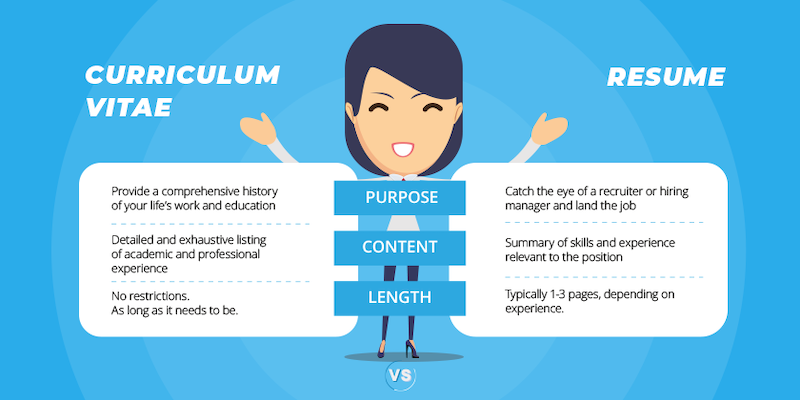
4. When Should You Use a CV vs a Resume?
Use a CV if:
-
You’re applying for academic, research, or scientific positions
-
You live in a country where CVs are the standard for all jobs
-
You need to showcase extensive experience and credentials
Use a Resume if:
-
You’re applying for a corporate job in the USA, Canada, or Australia
-
You want to keep your application short and impactful
-
You need to tailor your application for each position
5. Pro Tip: Keep Both Ready
Even if your country mainly uses one format, having both a CV and a Resume ready is smart.
You never know when an international opportunity might arise, and adapting quickly can make you stand out.
Final Thoughts
Understanding the difference between a CV and a Resume isn’t just about length or format — it’s about purpose.
A CV is like your career autobiography, while a Resume is your job-winning elevator pitch.
Know your audience, choose the right one, and you’ll instantly improve your chances of landing the role you want.
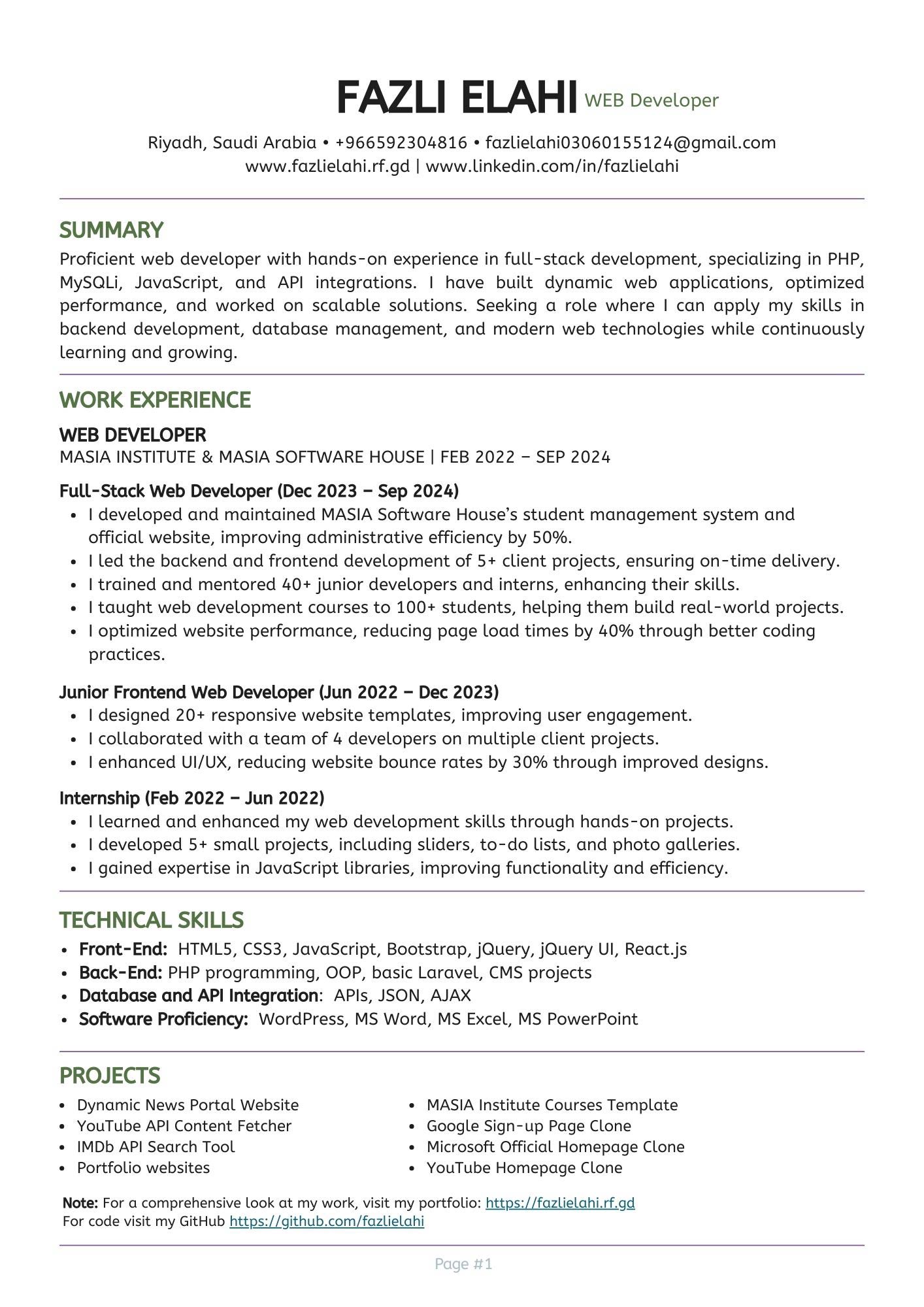
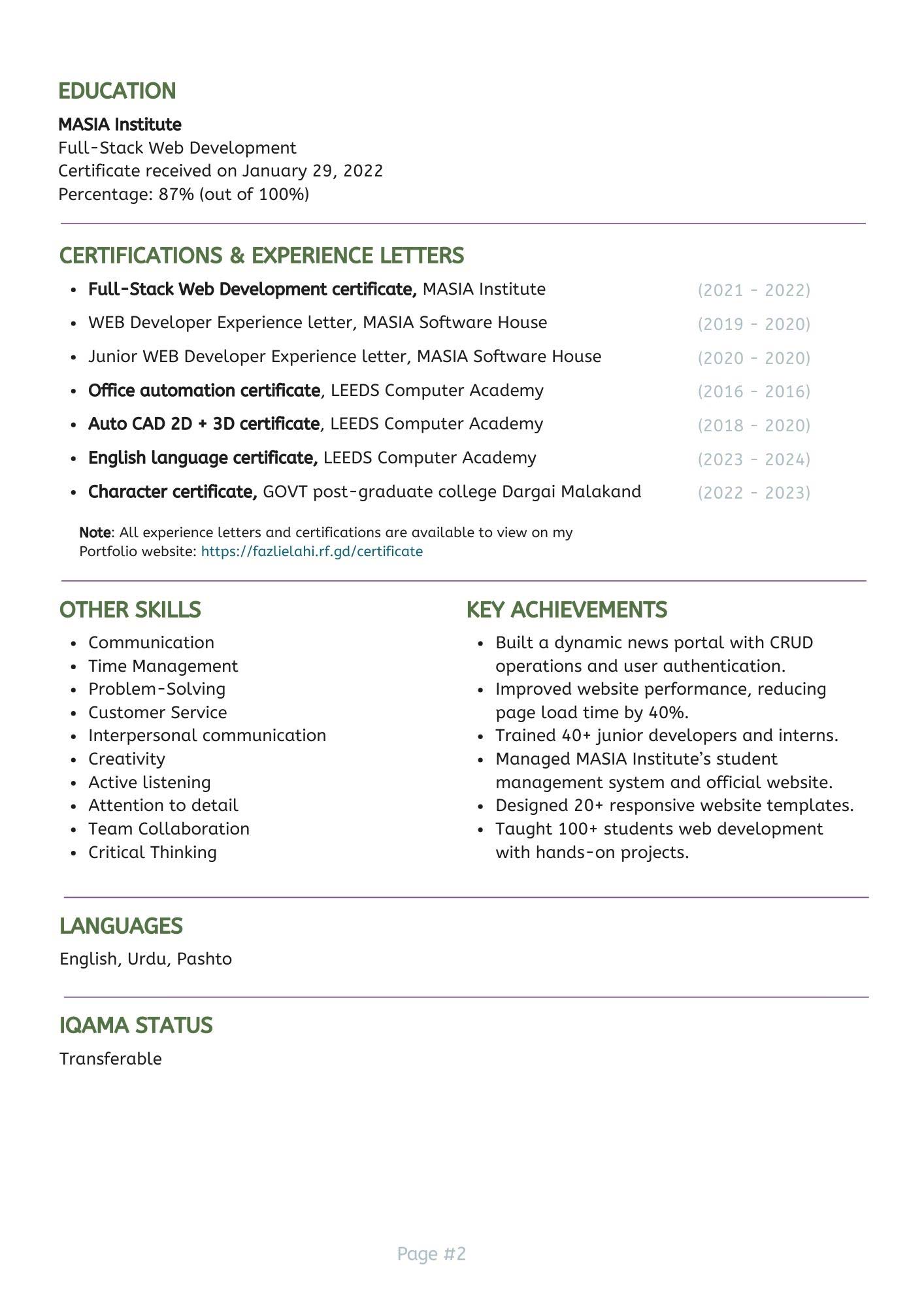
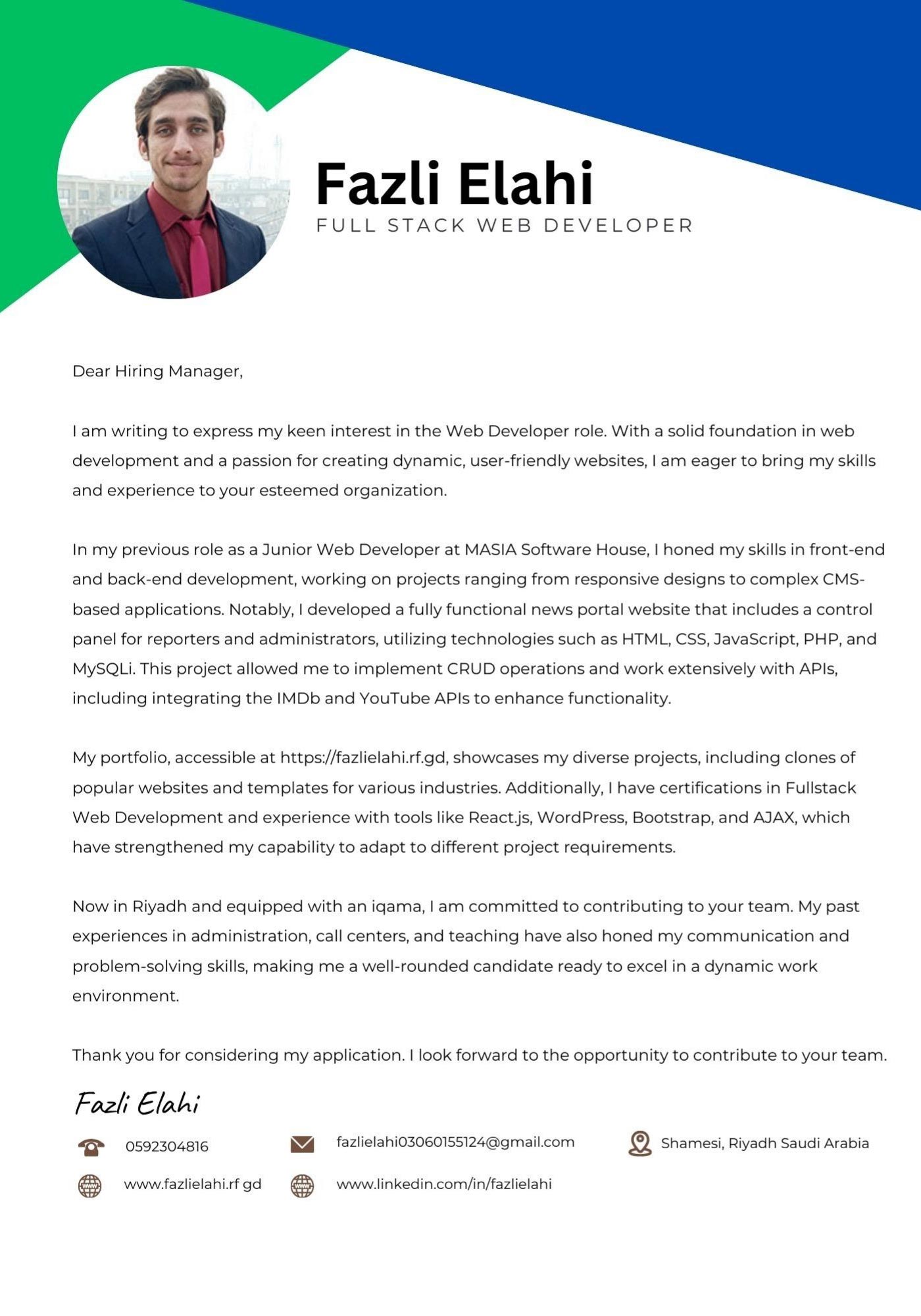
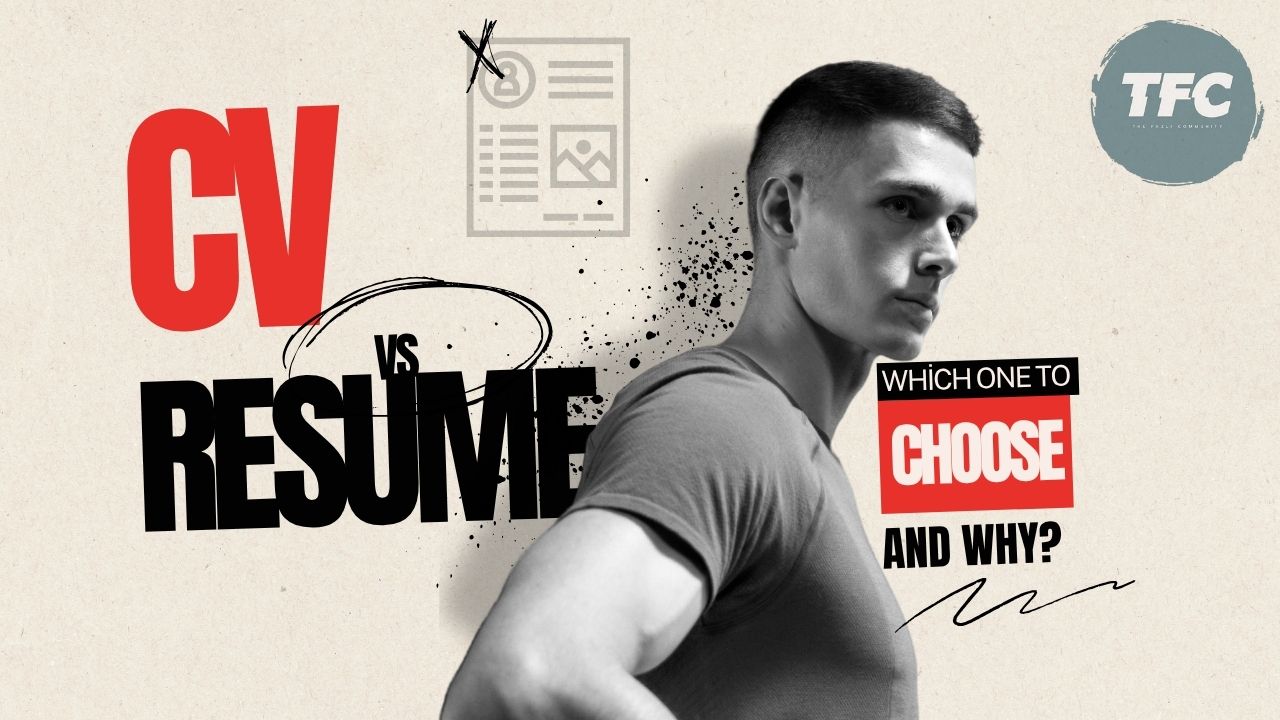
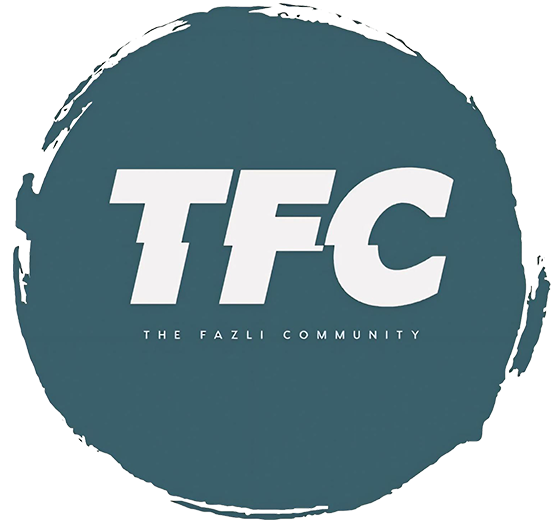






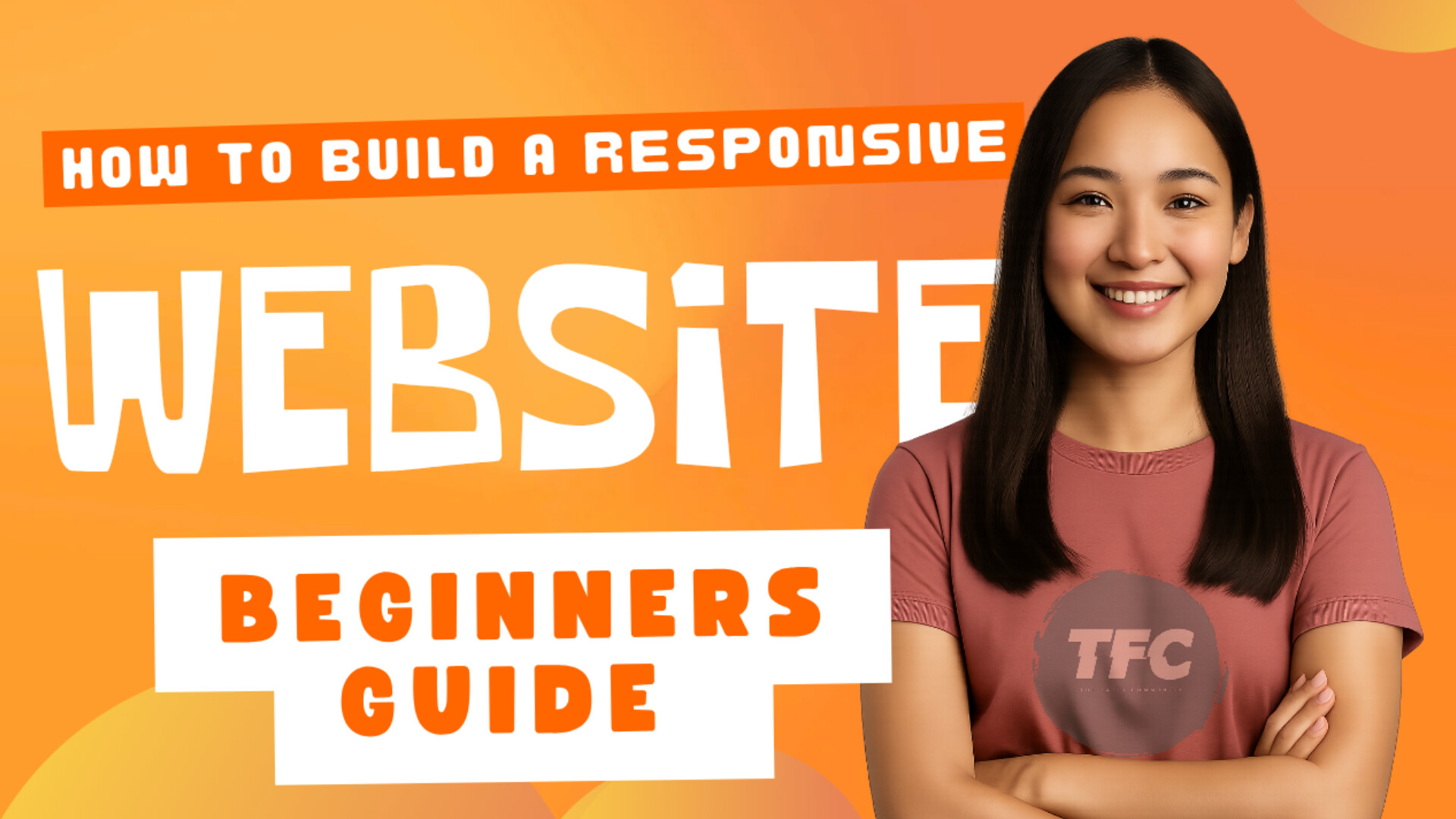
Comments